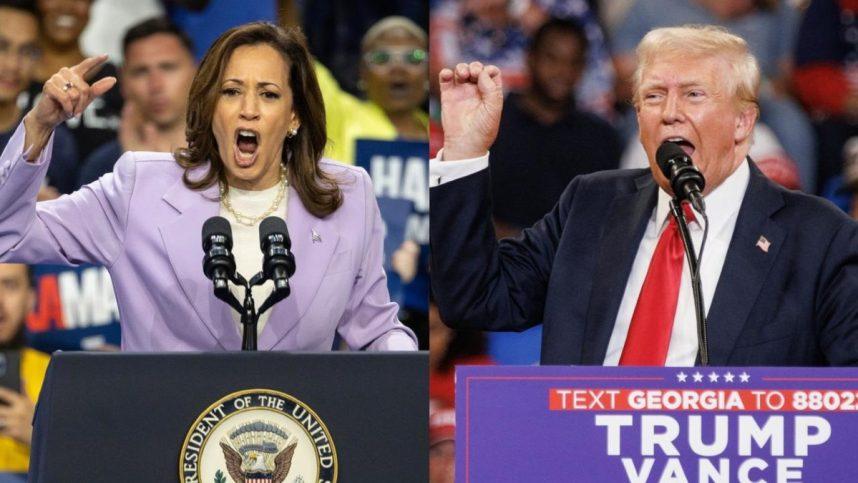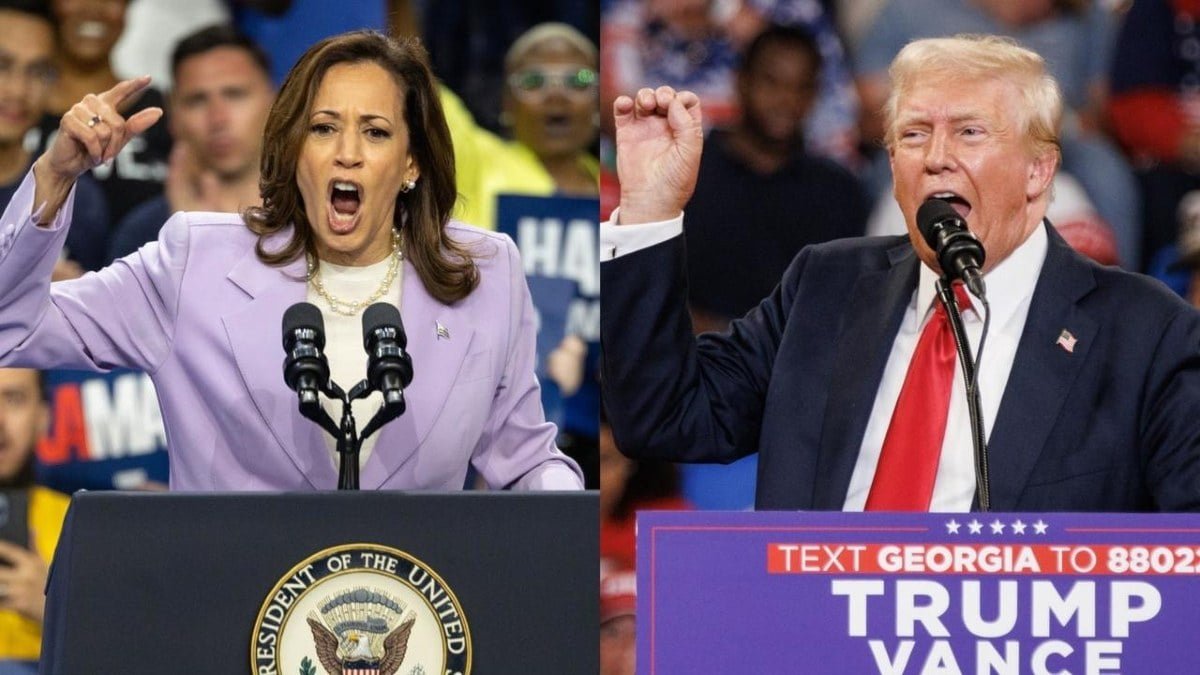Posted on: August 18, 2024, 08:59h.
Last updated on: August 18, 2024, 08:59h.
Donald Trump and Kamala Harris each pledged while stumping in Las Vegas to eliminate taxes on service workers’ tips.

The tax-free tip commitments resonated in Nevada, the state home to the highest concentration of tipped workers in the country. But a prominent law and economics professor is casting doubt on either president’s ability to champion such a tax code change, a power that ultimately rests with Congress.
Speaking recently with the Associated Press, James Hines Jr., a law and economics professor at the University of Michigan and the research director of the Ross School of Business Office of Tax Policy Research, says amending how service workers are taxed would be complicated for the IRS and cost the federal government hundreds of billions of dollars.
“There’s no way that it wouldn’t be a mess,” said Hines Jr.
Michigan’s law and economics schools are consistently ranked among the nation’s 15 best by U.S. News & World Report.
Tip of the Iceberg
Hines believes such a change would result in many workers attempting to reclassify their income as tipped wages.
For example, a contractor might take a $2,000 service bill and amend it to a $1,000 job with a $1,000 mandatory gratuity. Employers might also reclassify annual bonuses as tips to lessen their payroll taxes and allow workers to keep more of their pay.
You will have taxpayers pushing their attorneys to try to characterize their wage and salary income as tips,” Hines said. “And some would be successful, inevitably, because it’s impossible to write foolproof rules that will cover every situation.”
Fiscal estimates project that removing the IRS’ tip tax could cost the federal government as much as $25 billion a year. Hines thinks the change would end up benefiting the wealthy and high-income earners, not the low-income taxpayers Harris and Trump are seeking to help.
“If the issue is you’re concerned about low-income taxpayers, there are a lot better ways to address that problem,” Hines said, suggesting better avenues to be increasing the Earned Income Tax Credit or lowering tax rates.
This is good politics but bad policy,” added Erica York, a senior economist and research director at the Tax Foundation, a think tank headquartered in Washington, D.C.
There are about four million workers in the U.S. who work in a tipped occupation, or about 2.5% of the country’s labor force.
Union Embraces Harris Pledge
While both the Republican and Democratic presidential candidates agreed that tipped workers shouldn’t have to pay taxes on gratuities, the leading casino union in Las Vegas is only supporting Harris for Nov. 5. Culinary Union Secretary-Treasurer Ted Pappageorge expressed differing opinions on the candidates’ tip tax guarantees.
When Trump first pledged to remove taxes on tips in June, Pappageorge said, “Relief is definitely needed for tip earners, but Nevada workers are smart enough to know the difference between real solutions and wild campaign promised from a convicted felon.”
But after Harris this month made a similar pledge, Pappageorge responded that the vice president “acknowledged the hard-working men and women of the hospitality industry.”
On the political betting exchange Polymarket, Harris and Trump are in a dead heat at the time of this writing.
Source link




